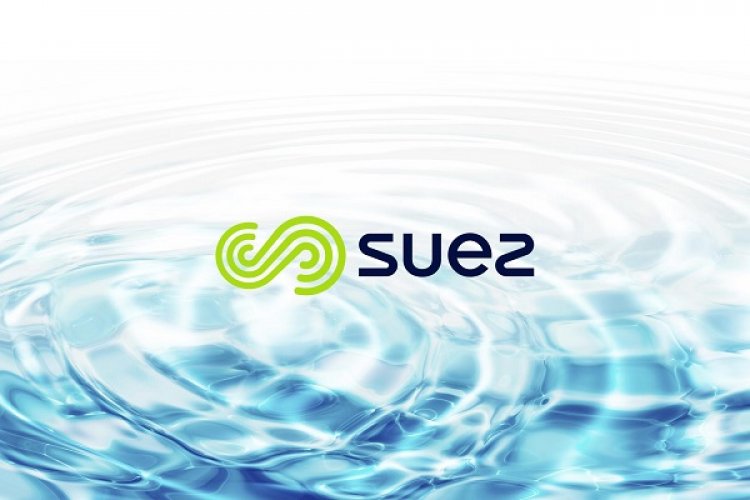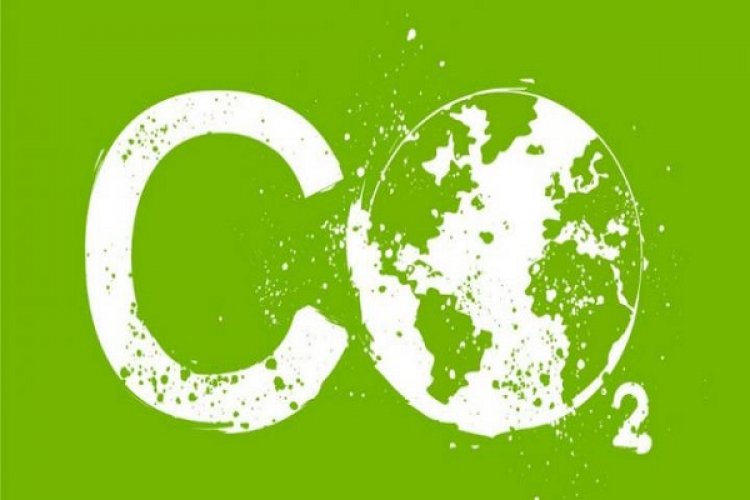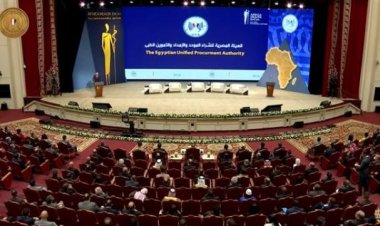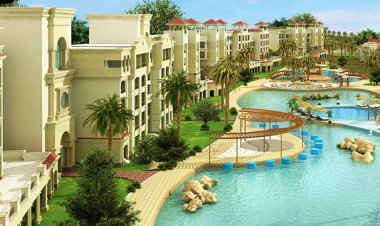Suez Canal measures to transform into a »green channel« in 2030
The Suez Canal was a top priority in the activities of the United Nations Climate Conference COP27 held in Sharm El-Sheikh, as it has a major role in reducing harmful carbon emissions.

For his part, Lieutenant-General Osama Rabie, Chairman of the Suez Canal Authority, participated in the activities of the discussion session organized by the Authority in the Green Zone under the title "The Leading Role of the Suez Canal to Ensure the Sustainability of Environmentally Friendly Global Supply Chains".
The session revealed the efforts of the Suez Canal Authority in promoting green practices and moving towards green transformation, as well as the vital role of the Suez Canal to ensure the sustainability of environmentally friendly supply chains, as it is one of the most important institutions working in the maritime field, in line with the rules and standards set by the United Nations recommending the importance of Relying on clean fuels and renewable energy sources, developing technology and enhancing the processes that stimulate this.
Suez Canal long-term strategy to transform into a green channel
The session indicated that the long-term strategy of the Suez Canal to transform into a green channel will play an important role in promoting the trend towards green transformation in the maritime transport industry, as well as the importance of presenting the Suez Canal with its successful experience and expertise to help reduce harmful carbon emissions, and its constant endeavor to maximize its role by adopting an initiative To declare the Suez Canal a "Green Canal" by 2030.
Reducing carbon dioxide emissions
The head of the Suez Canal Authority explained that the canal contributed to reducing carbon dioxide emissions by 31 million tons during 2021 compared to alternative paths, and saved fuel by about 10.3 million tons. The new Suez Canal also contributed to providing 53 million tons of carbon dioxide equivalent.
He referred to the canal’s strategy, which places the environmental dimension at the forefront of its priorities, which is in line with the Egyptian state’s orientations to achieve sustainable development through a clean, environmentally friendly economy, as well as the efforts of the International Maritime Organization (IMO) to reduce emissions from the shipping sector, and encourage the trend towards fuel use. Clean, carbon-neutral instead of fossil fuels.

Canal Procedures for Announcing the Green Suez Canal:
1- Starting the development of 16 pilot stations along the waterway to work with hybrid energy using solar and wind energy instead of traditional energy.
2- The authority is working to convert the authority's fleet of cars to run on gas instead of fossil fuels.
3- The canal is close to reaching an agreement with an international company specialized in the field of collecting and recycling solid and liquid wastes from ships transiting the Suez Canal.
Guy Platten, Secretary-General of the International Chamber of Shipping (ICS), pointed out the importance of concerted efforts of all concerned parties in the maritime transport industry to face the challenges facing the industry, especially environmental challenges.
Arsenio Dominguez, Head of the Marine Environment Sector at the International Maritime Organization, stressed the need for member states to cooperate in facing environmental challenges, and to take many recommendations towards reducing carbon emissions by the end of this year to promote the use of green practices and increase reliance on renewable energy.
Passage of the first eco-friendly ship in 2023
For his part, Morten Bo Christiansen, Vice President of AB Moller Maersk Group for Carbon De carbonization, highlighted Maersk’s global strategy to build environmentally friendly ships, as the company is building 19 environmentally friendly ships between 2024 and 2025, which will save 2 million tons of carbon emissions. The first environmentally friendly ship is scheduled to cross the Suez Canal by next year 2023, pointing to the fruitful cooperation between Maersk International, the Egyptian government and the Suez Canal Authority, which resulted in the signing of a memorandum of understanding to hold mega projects that turn Egypt into a green energy center.
Then, Mr. Georgios Bleifrax, Vice President of the US Bureau of Navigation for Global Sustainability (ABS), spoke about the interest of the US Bureau of Navigation and its commitment to reducing the impact of carbon dioxide and moving towards a clean marine industry, as well as studying the impact of the use of new technology on the human factor.















